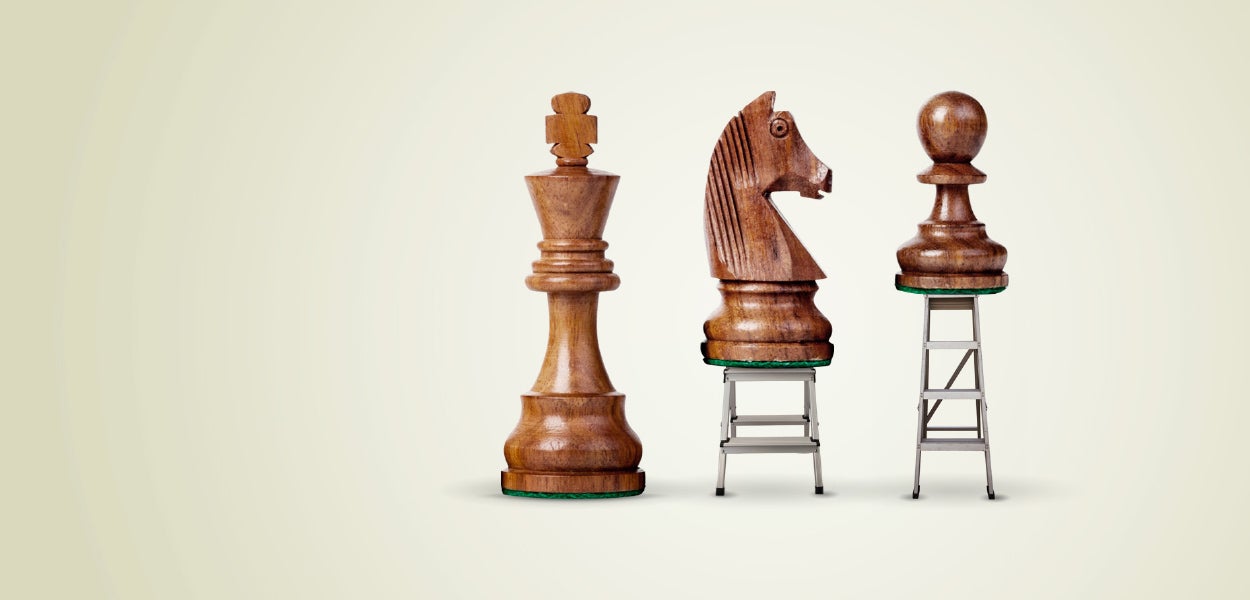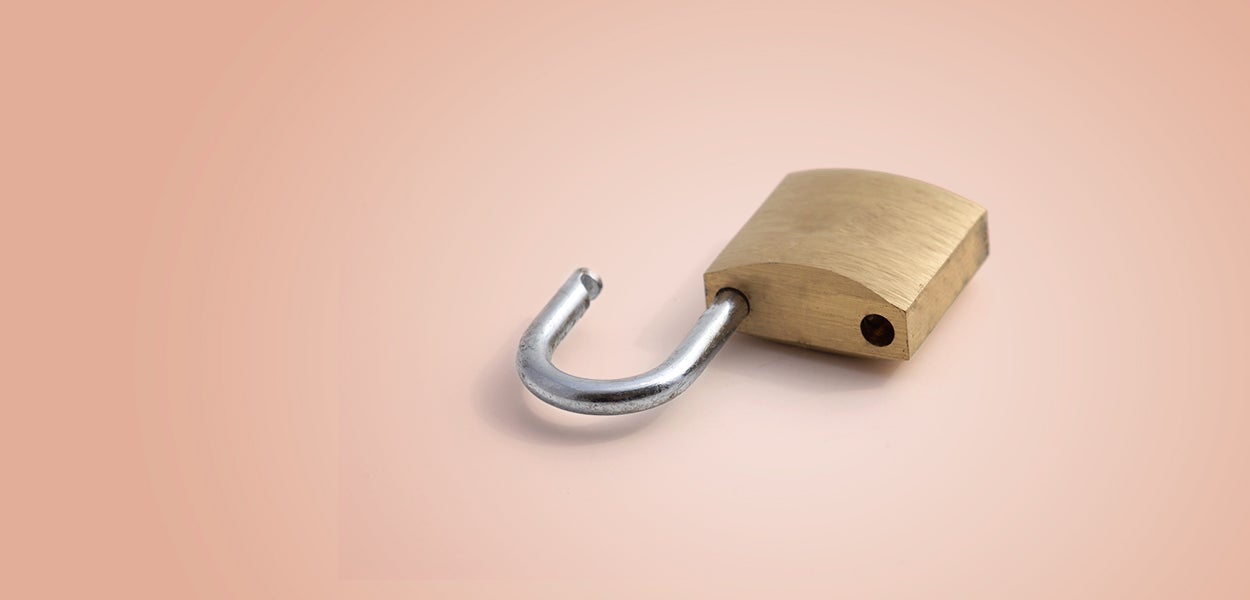The Leo Waaijers Award is an initiative of UKB, the partnership of the 13 university libraries and the Royal Library of the Netherlands. The aim of the award is to highlight Open Science initiatives and thereby encourage and inspire others. This new Award will be awarded periodically and the prize consists of a memento. The prize winner will be communicated widely.
The criteria for the Award are:
- The Open Science initiative is (at least partly) of Dutch origin (an internationally focused initiative is allowed, of course)
- The initiative is not older than 5 years
- Criteria for assessing the Open Science initiative: bold and/or inspiring and/or innovative and/or impactful
Procedure
Complete the nomination form in full by September 1, 2024, and send it to ukb@uu.nl. You can nominate yourself or someone else.
The jury will announce a first selection of nominations in mid-September, based on the criteria above. The winner will be announced on October 22, 2024, at the Open Science Festival in Maastricht. The jury consists of Saskia Woutersen-Windhouwer (UvA), Hubert Krekels (WUR) and Maurits van der Graaf (Pleiade).
For questions, please contact Maurits van der Graaf.
In the footsteps of Leo Waaijers
Leo Waaijers (1938-2023) was a tireless fighter for Open Access and for restoring the balance of power between public and private actors in the scientific domain. Leo was very active in the scientific information world for 35 years, bombarding it with innovative ideas, proposals and action plans. He did this from various positions, including as university librarian at TU Delft and at Wageningen University & Research, as manager at the SURF platform ICT and research, as Open Access consultant and employee of the Centre for Science and Technology Studies (CWTS).
Cream of Science & QOAM
Leo scored national and international acclaim for setting up the successful ‘Cream of Science’, an initiative to give a quality boost to universities’ Open Access repositories by asking 200 leading scientists to make all their scientific publications available for it. After this, Leo turned his attention to the scientific publishing process itself and founded QOAM – intended to let the quality of a journal be determined by the authors themselves and thus break the dominance of the ‘journal impact factor’.
Tireless as ever, he and CWTS colleagues published another plea to build a publishing infrastructure outside publishers two months before his unexpected death. With the Leo Waaijers Award, UKB wants to inspire others to follow in his footsteps.



